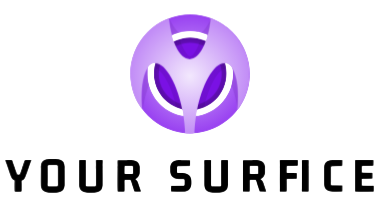
Best ways to buy Instagram views without getting scammed
If you’re looking to boost your Instagram views, there are plenty of options available online. However, not all of them are trustworthy, and many can lead to scams or low-quality views that won’t help your account at all. To help you find the best ways to buy Instagram views without getting scammed, we’ve put together…

